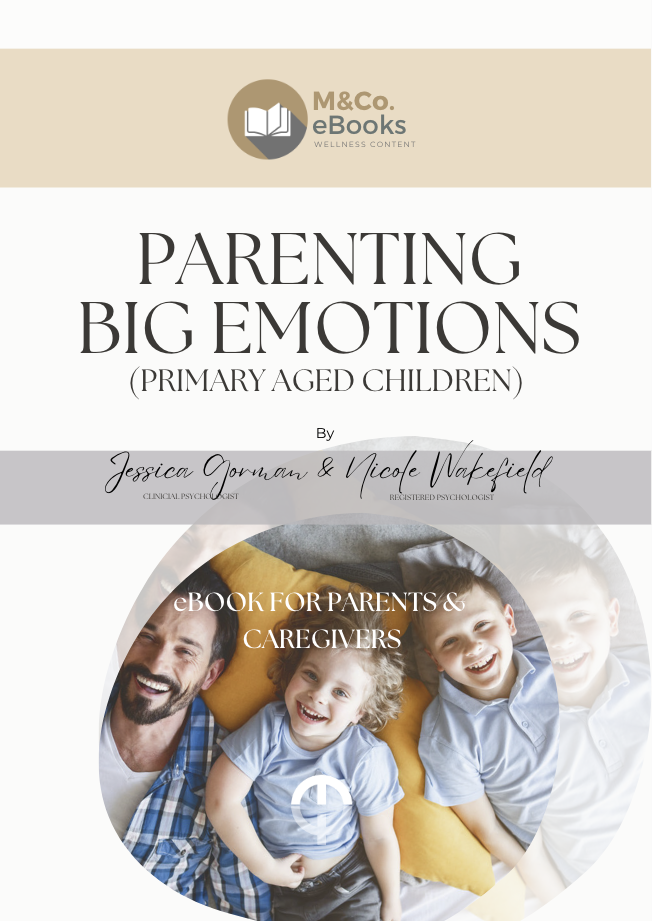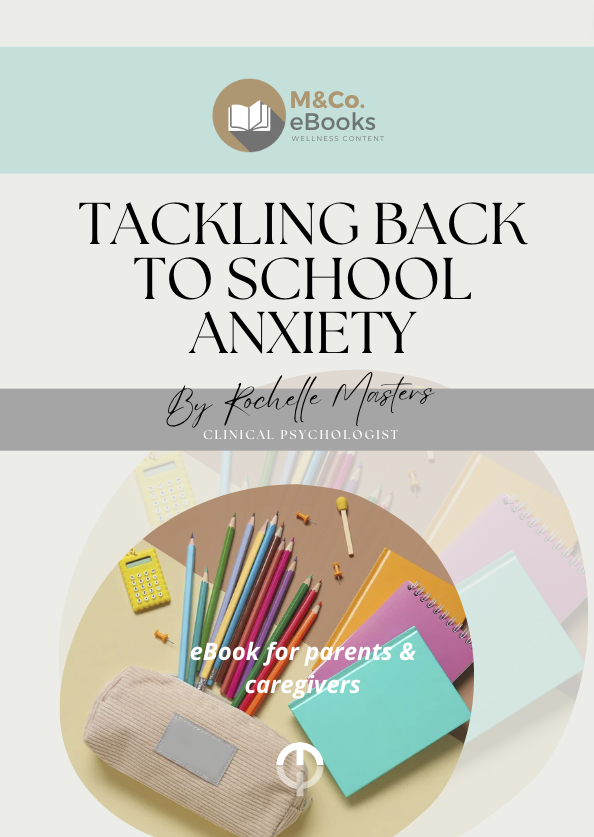Welcome to the Parenting Big Emotions in primary aged children e-Book, where you can take a sneak peek at the strategies, tips and tricks we found that may assist to manage big emotions in the family dynamic.
None of us were born knowing how to control big emotions and our children take their cues from their caregivers, friends and family. Children can often experience meltdowns, conflict and stress as well as more subtle worries that escalate out of control and can keep caregivers on their toes. Knowing how best to manage other challenges, like withdrawal and avoidance in a child that can bottle things up, can likewise be a challenge for a caregiver to know how best to support.
Our job as adults is to nurture our child’s ability to manage emotional responses in healthy, adaptive ways. The ability to ‘self-regulate’ is the skill of learning to acknowledge, manage and tolerate powerful emotional states so that one has the emotional resources to maintain healthy friendships, focus and fun! However, children develop self-regulation by observing and interacting with supportive others, such as parents and caregivers, in a process called co-regulation. This e-Book will explore how self-regulation develops out of co-regulation, and how as caregivers, our role is to foster and facilitate this development in partnership with your child.
As caregivers, we want the best for our children, and helping them navigate their emotions is an important part of their development. This e-Book provides an overview of evidence-based information and approaches to help you support your children.











